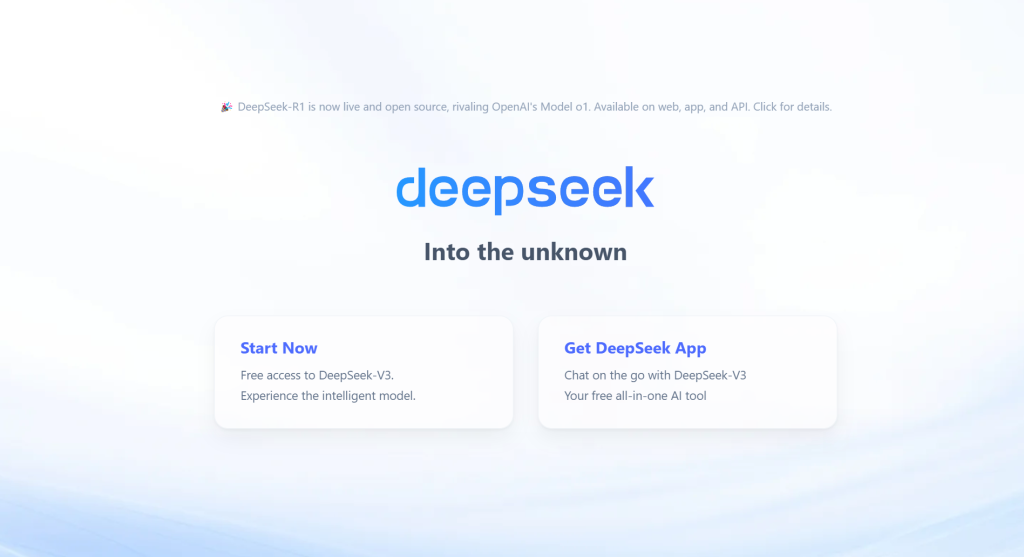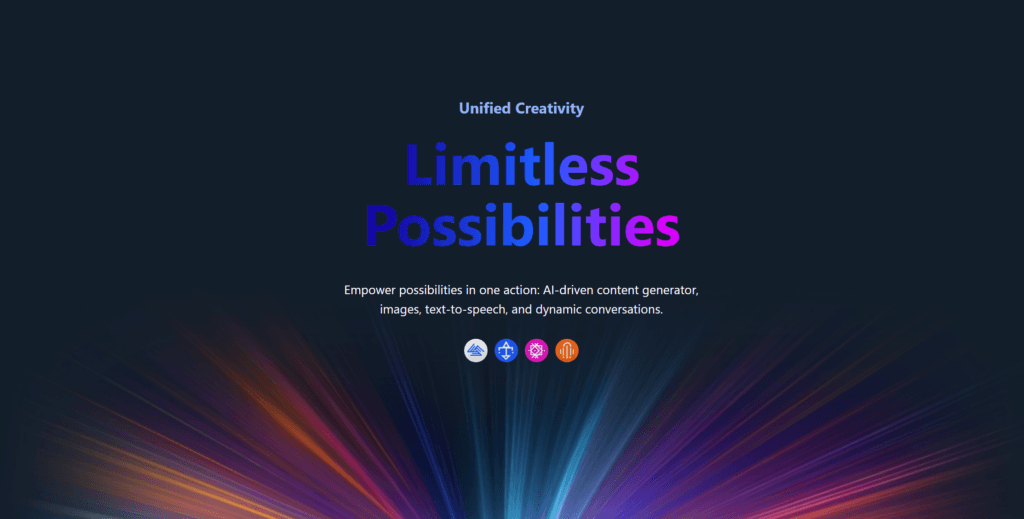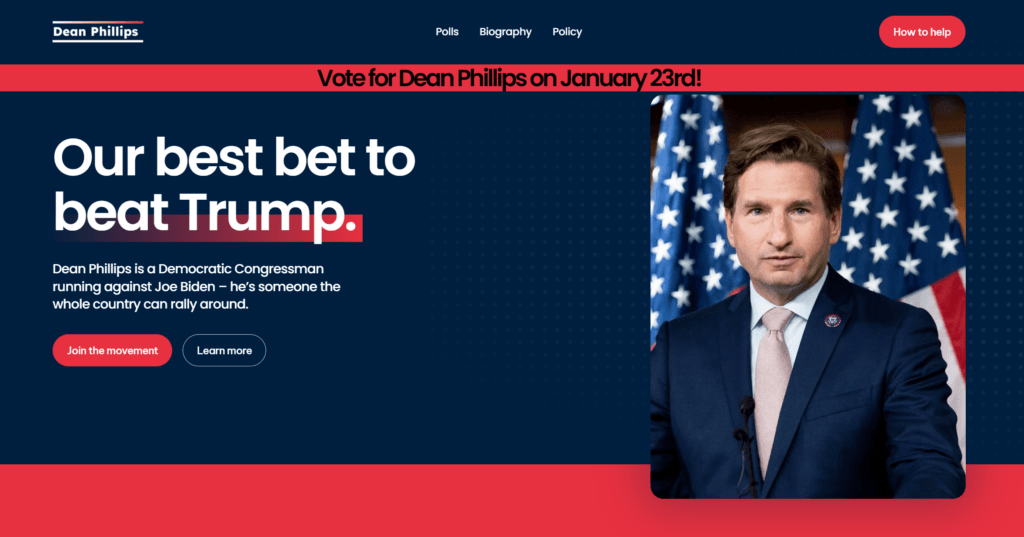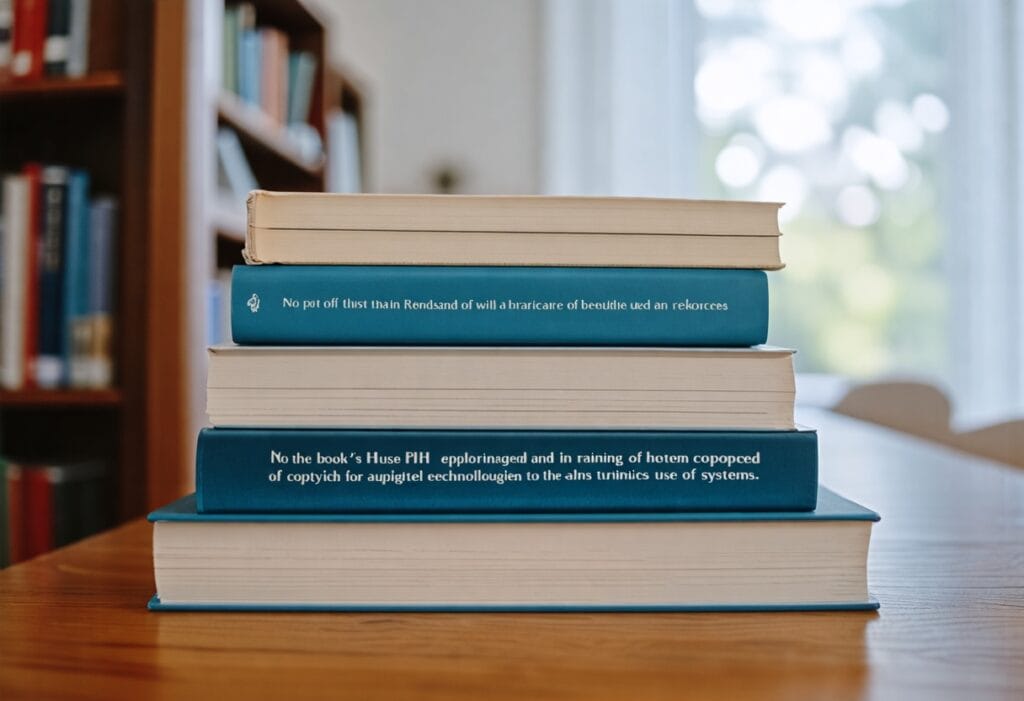Universal Basic Income Unveiled: OpenResearch’s Groundbreaking Study
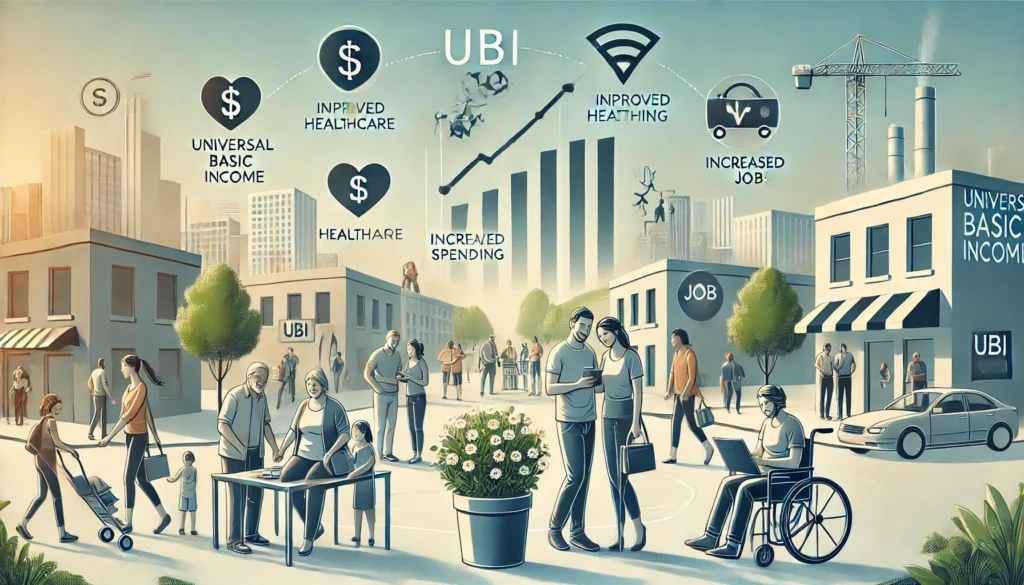
In today’s rapidly shifting economy, the concept of universal basic income (UBI) has taken center stage as a potential game-changer in the realms of social welfare and fiscal policy. As job landscapes evolve with the advent of artificial intelligence and automation, the question of how best to support citizens has never been more pertinent. OpenResearch, a leading think tank, has stepped into the debate with new evidence about the real-world implications of implementing UBI. Through meticulous analysis, the organization offers a glimpse into the far-reaching consequences that such a policy could have on individuals and society as a whole.
In an eye-opening study, OpenResearch has meticulously tracked the lives of individuals graced with an unconditional monthly stipend, providing a unique opportunity to investigate the changes in health patterns, spending behaviors, employment dynamics, and overall quality of life. With findings suggesting an uptick in healthcare utilization, altered expenditure towards necessities, and a nuanced shift in job market participation, the possibilities of UBI are being rigorously evaluated.
In a digital age where policy decisions must pivot accurately in response to evolving social needs, such research has never been more crucial. With OpenEscape’s seminal findings in hand, policymakers, and the public alike stand at the cusp of engaging in informed discourse about the viability and potential impact of universal basic income. As we navigate these findings, we also gear up to address broader ethical questions and legislative considerations that surround this paradigm.
Understanding Universal Basic Income: A Deep Dive by OpenResearch
Universal Basic Income (UBI) is more than just an economic proposal; it’s an entirely new social contract. As its discussion gains momentum globally, understanding its nuances becomes critical. The OpenResearch study illuminates the multifaceted nature of UBI, suggesting profound shifts in societal structures and individual behaviors. By providing a reliable financial safety net, UBI can alleviate the stresses of economic insecurity and pave the way for self-actualization and community growth. This section explores the theoretical underpinnings of UBI, distinguishing it from traditional welfare systems and setting the stage for an exploration of its real-world implications.
-Evaluation of Health and Well-being-
Health is a cornerstone of individual prosperity, and the impact of UBI on healthcare utilization is pivotal. OpenResearch’s study points towards increased health service usage, especially preventative care, which may not be immediately visible in terms of enhanced physical health but has potential benefits in the long run. By reducing the financial barrier to seeking care, recipients can address health concerns before they escalate. In this context, dental care may seem trivial to some, but it is essential for overall wellbeing and social confidence, exemplifying how UBI can touch on overlooked but critical aspects of health.
Spending Behavior and Financial Agency
How individuals choose to spend additional income sheds light on their priorities and circumstances. The OpenResearch study underscores a notable shift towards purchasing life’s essentials, as well as increased financial support for loved ones. This behavioral change highlights UBI’s role in redefining financial agency—granting recipients the power to support their community and invest in growth-oriented activities. Increased education and budgeting among UBI recipients also reflect a proactive stance on personal finance, a promising indication of UBI’s potential to foster a more financially literate and proactive society.
Workforce Dynamics and Employment Patterns
Contrary to popular belief, UBI recipients in the OpenResearch study did not abandon the workforce en masse. While there was a small decline in employment, many used the financial cushion to seek better job opportunities or further their skills. This nuanced shift in job market participation underscores the importance of understanding UBI as a tool for workforce empowerment rather than a disincentive to work. By affording people a chance to be selective, UBI can contribute to a more engaged and satisfied workforce.
Entrepreneurship and Economic Innovations
The surge in entrepreneurial ventures, particularly among minority groups, as observed in the OpenResearch findings, signifies another dimension of UBI’s influence. By reducing the risk of failure, UBI serves as a catalyst for innovation and economic diversification. This entrepreneurial spirit, fueled by the security UBI provides, could drive a wave of grassroots economic growth. It’s a showcase of how UBI can unlock potential and encourage individuals to contribute to the economy in creative and meaningful ways.
Housing Mobility and Lifestyle Changes
Housing stability and quality of life are inextricably linked. The OpenResearch study documents an increased propensity among UBI recipients to move to better neighborhoods and seek improved living conditions. This mobility is not merely a search for new housing but an aspirational move towards a desired lifestyle—a testament to the agency UBI can offer. It illustrates how, with financial worries eased, individuals are more likely to pursue better living environments, contributing to personal growth and fostering community development.
The Road Ahead: Policy and Legislative Implications
Armed with the OpenResearch study’s findings, policymakers now confront new questions about the integration of UBI into existing welfare structures. The study provides a data-backed springboard for legislative discussions, underpinning the need for empirical assessment of UBI’s broader societal impact. This section considers how lawmakers might respond to the insights provided by OpenResearch and how UBI could reshape social welfare discourse. It also discusses potential challenges and considers how UBI may be designed to complement or replace existing support systems, drawing on international case studies and theoretical frameworks.
In conclusion, OpenResearch’s seminal study provides valuable food for thought for all stakeholders involved in shaping the future of social welfare policies. Through careful examination of the effects of UBI on individual lives, a clearer picture is emerging of how such a policy could contribute to the well-being and prosperity of society. The path forward is a blend of pragmatism and visionary thinking, as the world considers the role of UBI in an ever-evolving economic landscape.
